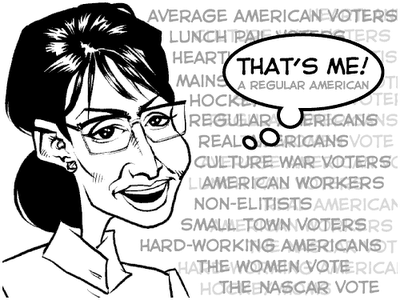When a member of a regularly-excluded group gains entry into what was previously a homogeneous club–say, a Black man is elected President of the United States–that person is sometimes used as “proof” that there are, in fact, no barriers to entry after all. Thus, some of us worry that Obama’s election will be used against those fighting for racial justice. Well, it began before it began. In this clip on CNN, aired before Obama was confirmed the winner, former Secretary of Education Bill Bennet, when asked what his election would mean, remarks:
Well, I’ll tell you one thing it means… You don’t take any excuses anymore from anybody who says, ‘The deck is stacked, I can’t do anything, there’s so much in-built this and that.’
Yes, there’s no more “this and that” and Bill doesn’t want to hear about it anymore.
Scroll forward to about 45 seconds:
[youtube]http://www.youtube.com/watch?v=SvpB-MnM8I8[/youtube]
Clip via Macon D. at Stuff White People Do, who has a nice analysis.





